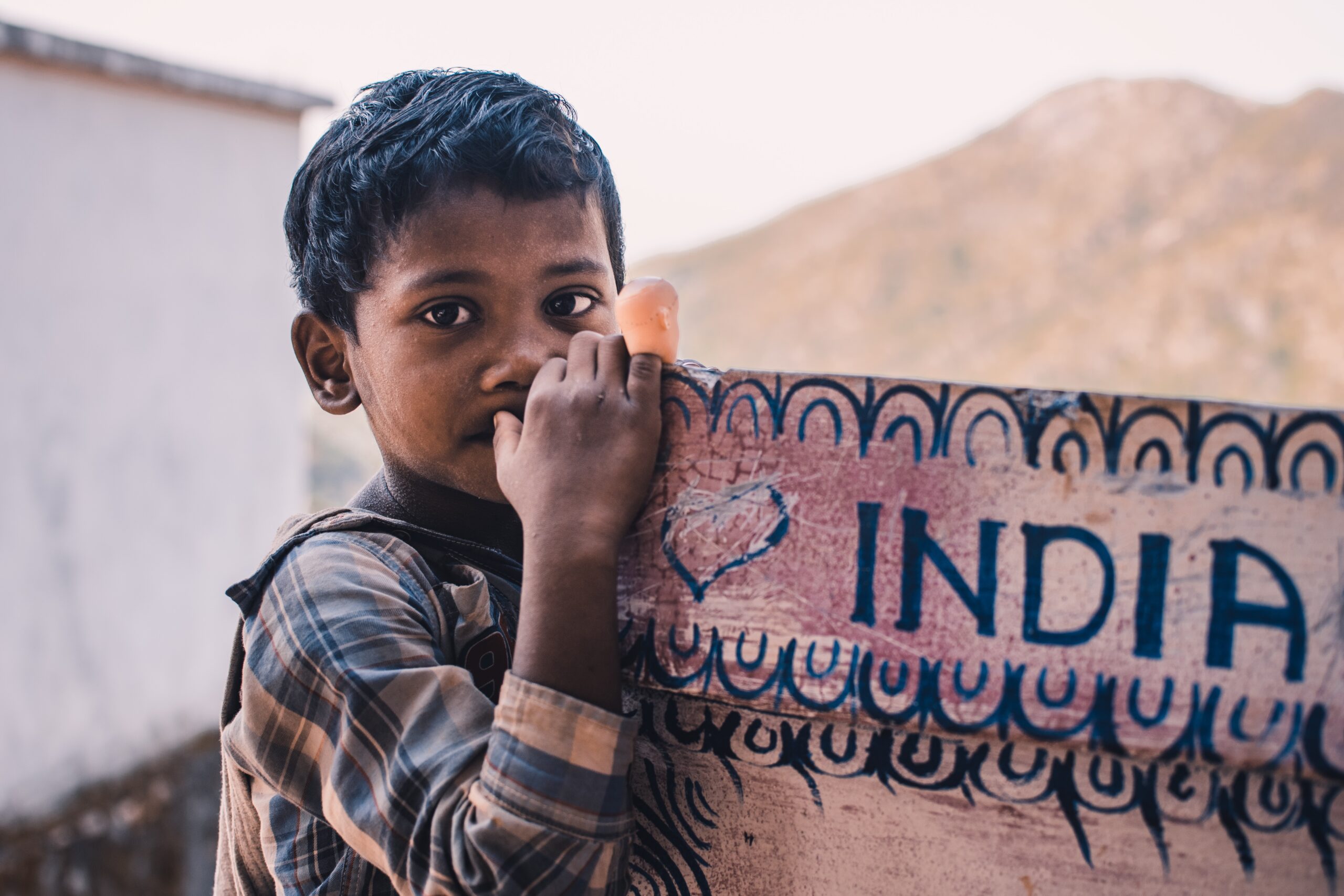The history of gifting in India holds immense significance, deeply intertwined with its rich cultural heritage and traditions. Whether it’s religious ceremonies, festivals, weddings, or interpersonal relationships, the practice of gifting plays a pivotal role in various aspects of Indian society. Let’s delve into the fascinating journey of gifting in India, from ancient times to the present day.
Table of Contents
Ancient India: Unveiling the Roots of Gifting

Gifting has been an integral part of Indian civilization since ancient times. In the Vedic culture, offerings, and gifts were ceremoniously presented to deities during religious rituals. Beyond spiritual practices, the exchange of gifts played a vital role in establishing social hierarchies and strengthening alliances among rulers. It served as a gesture of respect and fostered harmonious relationships within communities.
Indian Epics and Mythology: Tales of Generosity and Friendship
Ancient Indian epics, such as the Ramayana and the Mahabharata, vividly depict the rich tradition of gift-giving. Kings and nobles exchanged presents as a token of goodwill and diplomacy. These offerings symbolized respect and mutual admiration among the rulers of India. One exemplary tale showcasing the power of friendship and the value of heartfelt gifts is the story of Lord Krishna and Sudama, illustrating the profound impact that gifting can have on relationships
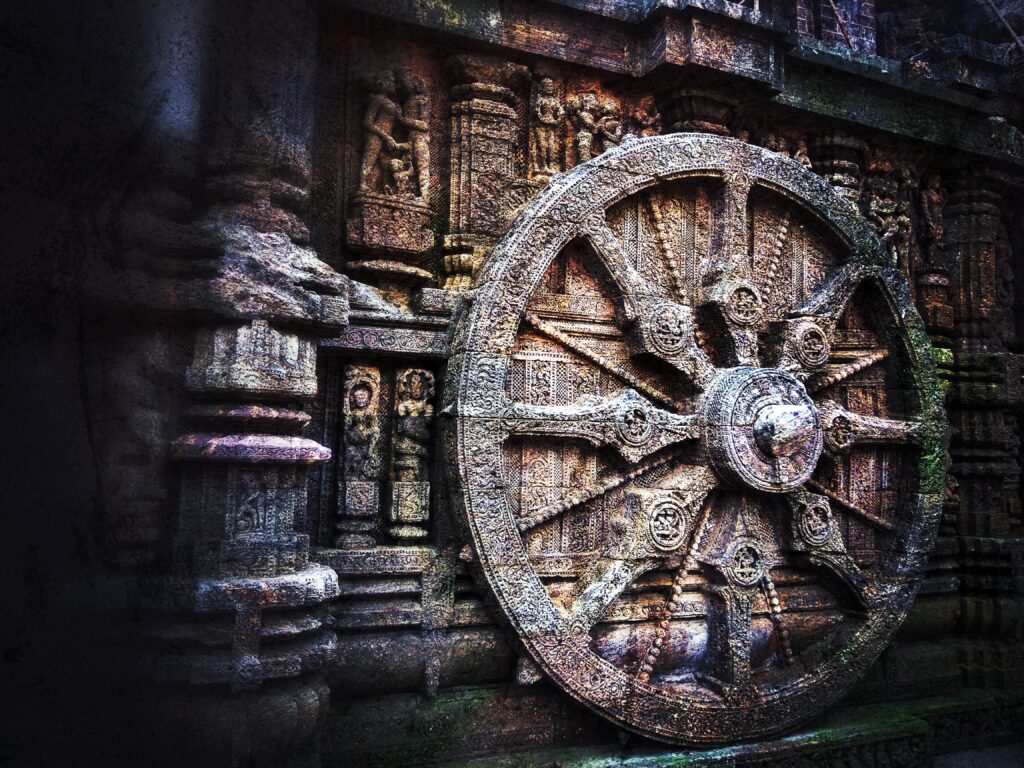
Festivals and Celebrations: Embracing the Spirit of Gifting
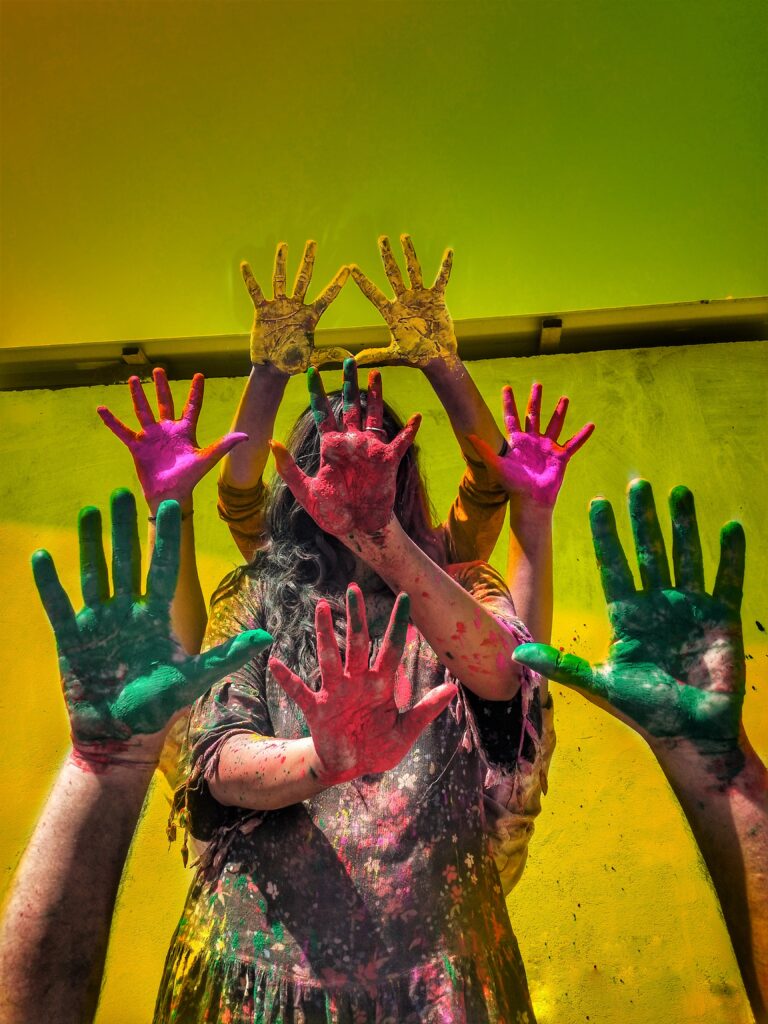
Festivals are joyous occasions that bring people together and foster a spirit of giving. Diwali, the festival of lights, is renowned for its tradition of exchanging gifts, symbolizing prosperity and good fortune. Raksha Bandhan, on the other hand, celebrates the bond between siblings, with sisters tying protective threads (rakhis) on their brothers’ wrists, and brothers reciprocating with heartfelt gifts. Similarly, festivals like Holi, Eid, Christmas, and Pongal provide opportunities for individuals to express love, gratitude, and goodwill through the exchange of gifts.
Weddings and Special Occasions: Bestowing Blessings and Support
Gifting assumes significant importance in Indian weddings and other special occasions. It is customary for families and friends to present gifts to the couple as a token of blessings and support. These gifts encompass a wide range of items, from exquisite jewelry, clothing, and household essentials to financial contributions, thereby aiding the newlyweds in embarking on their journey together.
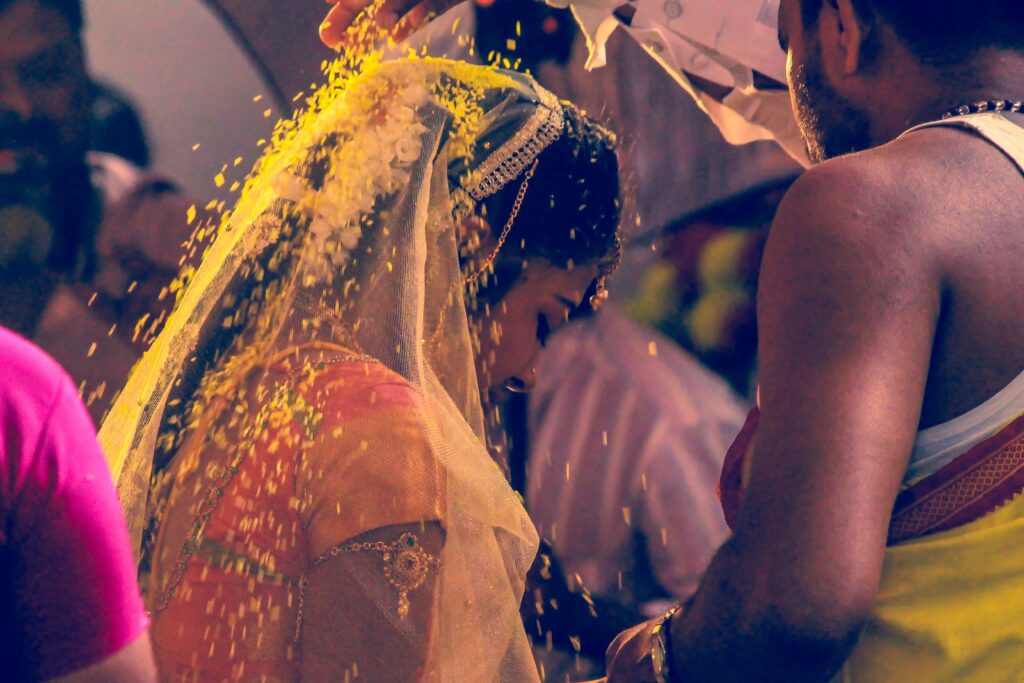
Regional Traditions: Celebrating Diversity through Gifting
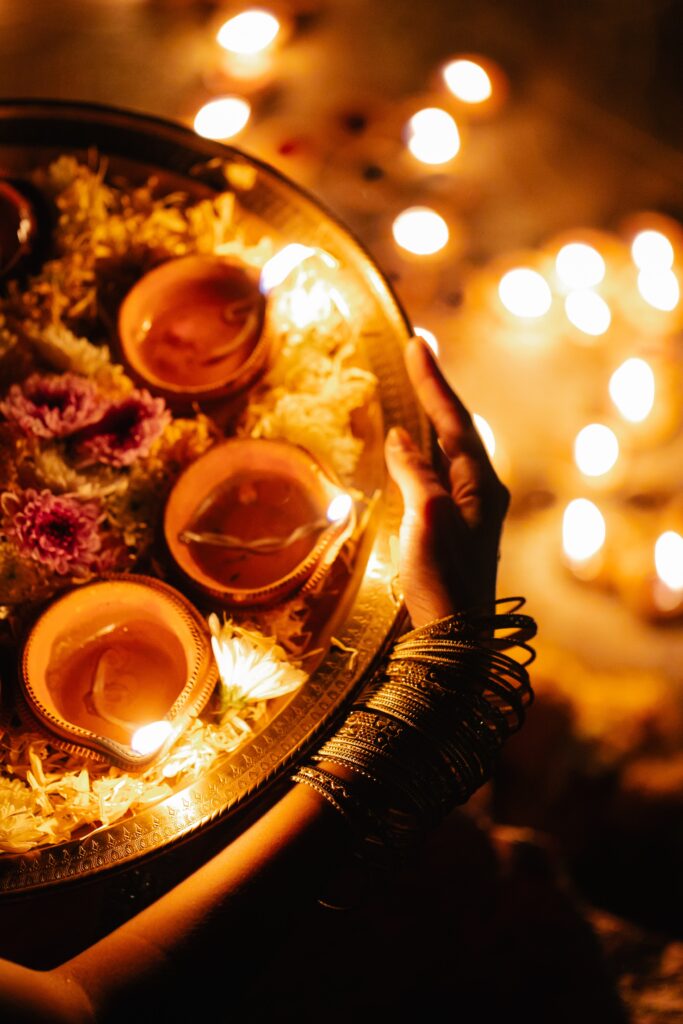
India’s diverse regional cultures embrace their unique gifting traditions, adding to the tapestry of Indian society. Different regions have different gifting traditions, but the underlying sentiment is always the same: to show love, respect, and appreciation. In the north, sweets, and fruits are popular gifts for Diwali, the festival of lights. In the South, gold jewelry and silk clothing are given at weddings. In the East, household items are exchanged during Durga Puja, a festival celebrating good over evil. And in the West of India, food is a popular gift for Holi, the festival of colors. Whether it’s a traditional or modern gift, giving is a way for Indians to connect with each other and celebrate their diverse culture.
Philanthropy and Charity: Compassion in Action
Philanthropy and charitable giving have been deeply ingrained in Indian culture throughout history. The concept of “Daan” (charitable giving) reflects the core values of compassion and empathy. Individuals, families, and organizations have actively engaged in acts of philanthropy and donations, aiming to uplift society and make a positive impact on the lives of others. Indian mythology and history have so much of stories based on Philanthropy and Charity which would be worth reading and understanding the compassion of giving.
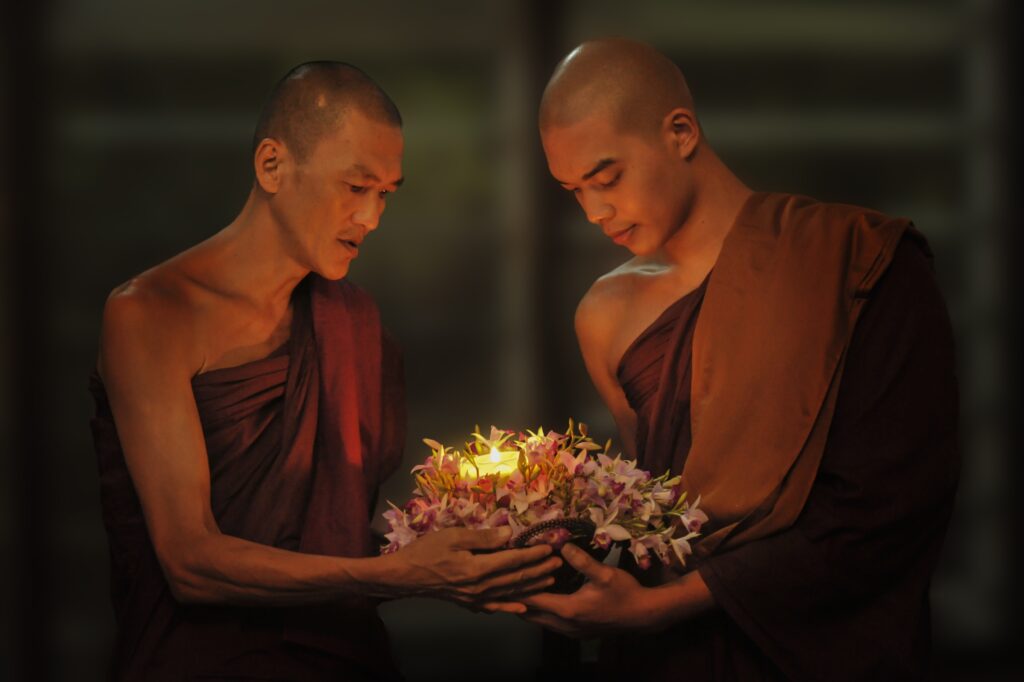
The history of gifting in India epitomizes the country’s cultural diversity, religious beliefs, and social customs. It is a way for people to celebrate their diversity, connect with each other, and express their love, respect, and appreciation.
